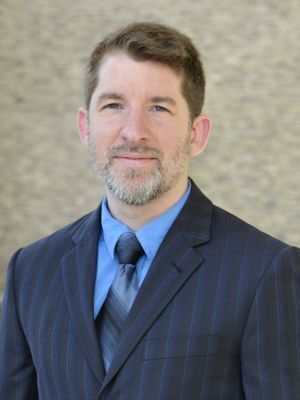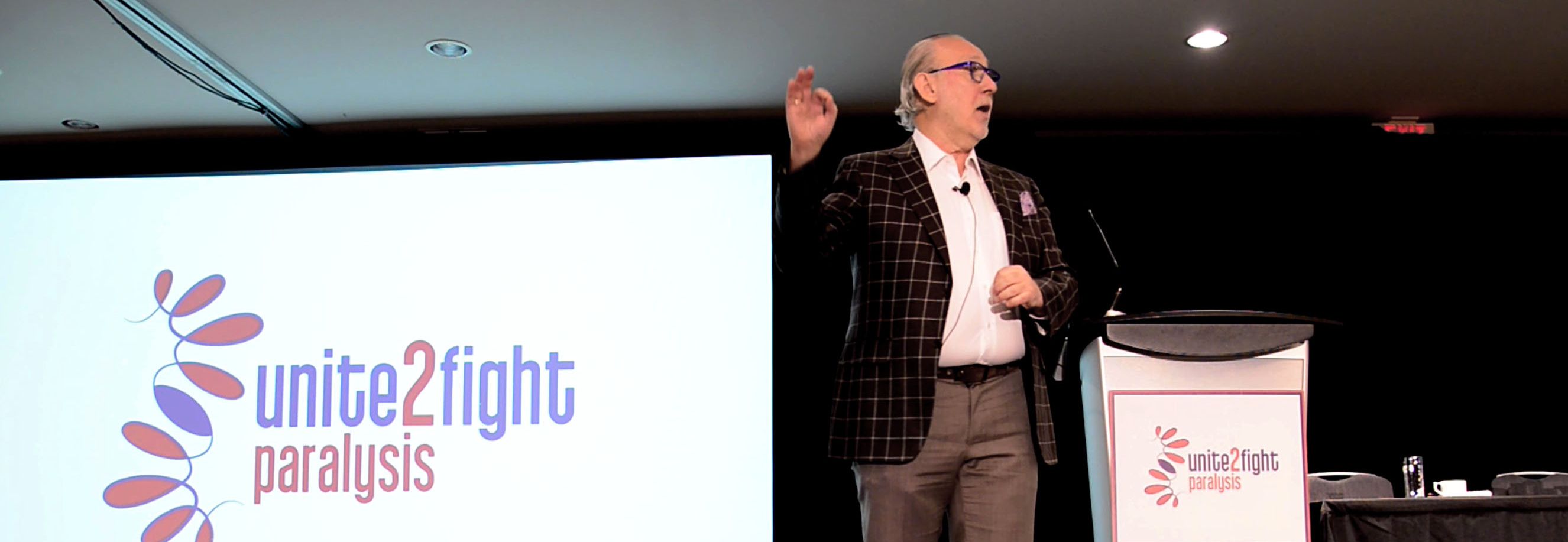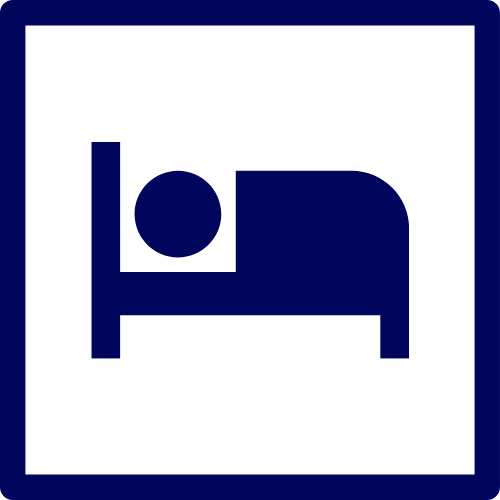
Dennis Bourbeau, PhD
Research Investigator, Louis Stokes Cleveland Department of Veterans Affairs Medical Center; Staff Scientist, Department of Physical Medicine and Rehabilitation at the MetroHealth Medical System; Assistant Professor, Department of Physical Medicine and Rehabilitation at Case Western Reserve University School of Medicine
Abstract
Challenges and Opportunities in the Translation Pipeline for SCI Medicine
Many research discoveries have the potential to improve function and quality of life for individuals with SCI, but many promising research discoveries fail to advance to clinical practice. There are significant challenges to advancing these discoveries through the translation pipeline. Stakeholder groups, including researchers, clinicians, industry partners, and individuals with SCI, have voiced concern that the system for discovering, advancing, and delivering effective therapies may not be adequate or efficient.
In 2020, representatives from these stakeholder groups who share this concern formed the T4 Workgroup in an effort to identify the challenges for efficient delivery of therapies to the SCI consumer. Our mission is to “drive the delivery of restorative treatments for spinal cord injury by reimagining the therapy development pipeline.” Our workgroup is conducting discovery interviews with key stakeholders in order to identify emerging themes in how they engage the translation pipeline and their challenges and opportunities. Findings from these interviews will be presented and discussed.
Bio
Dennis Bourbeau, PhD is a research investigator at the Louis Stokes Cleveland Department of Veterans Affairs Medical Center, a Staff Scientist in the Department of Physical Medicine and Rehabilitation at the MetroHealth Medical System, and an Assistant Professor in the Department of Physical Medicine and Rehabilitation at Case Western Reserve University School of Medicine. His research focuses on developing approaches that use electrical stimulation to restore pelvic autonomic functions, including bladder and bowel functions, lost to spinal cord injury or other neurological disorders. He has conducted studies with individuals with spinal cord injury using electrical stimulation to inhibit unwanted bladder contractions and improve urinary continence. Other projects include electrical stimulation to inhibit unwanted reflex sphincter contractions to improve bladder emptying; a wireless bladder pressure and volume sensor for automatic control of these electrical stimulation approaches; and electrical stimulation to improve colonic motility for individuals with chronic constipation.






















